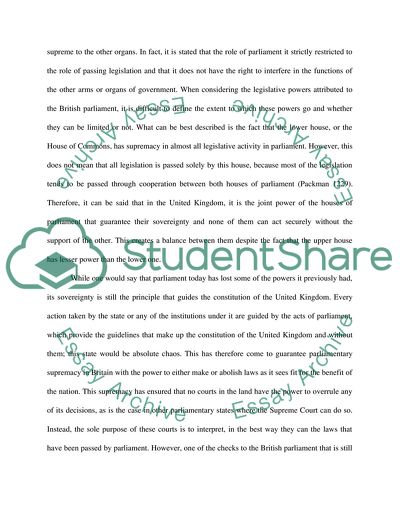Cite this document
(“Is Parliamentary Sovereignty Still Applicable Today As It Was Previous Essay”, n.d.)
Is Parliamentary Sovereignty Still Applicable Today As It Was Previous Essay. Retrieved from https://studentshare.org/law/1792219-the-topic-law-and-the-state
Is Parliamentary Sovereignty Still Applicable Today As It Was Previous Essay. Retrieved from https://studentshare.org/law/1792219-the-topic-law-and-the-state
(Is Parliamentary Sovereignty Still Applicable Today As It Was Previous Essay)
Is Parliamentary Sovereignty Still Applicable Today As It Was Previous Essay. https://studentshare.org/law/1792219-the-topic-law-and-the-state.
Is Parliamentary Sovereignty Still Applicable Today As It Was Previous Essay. https://studentshare.org/law/1792219-the-topic-law-and-the-state.
“Is Parliamentary Sovereignty Still Applicable Today As It Was Previous Essay”, n.d. https://studentshare.org/law/1792219-the-topic-law-and-the-state.


